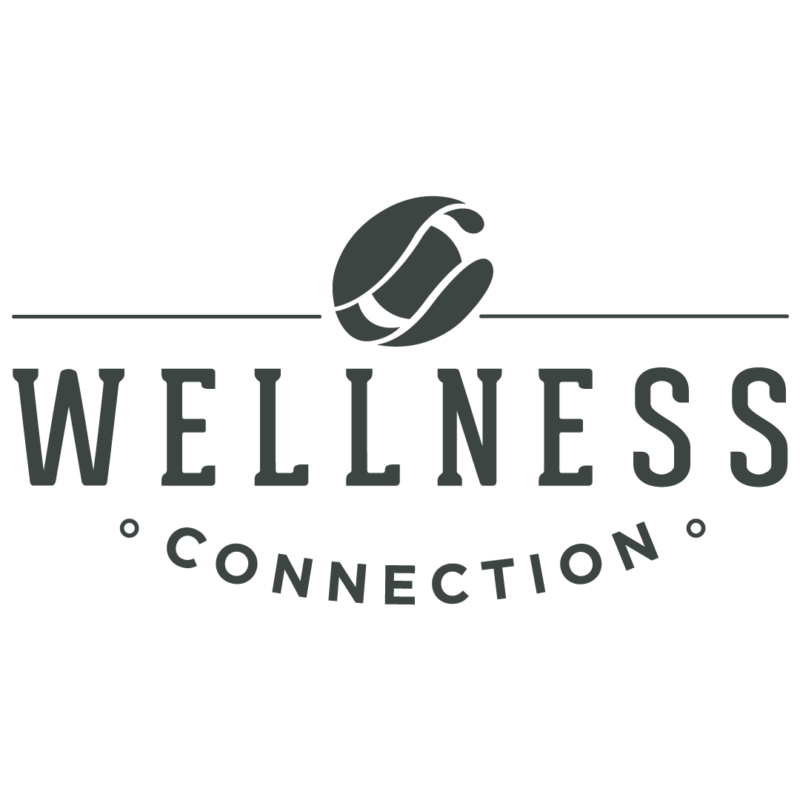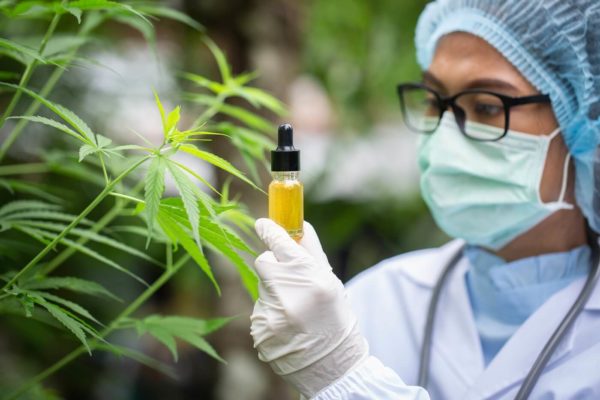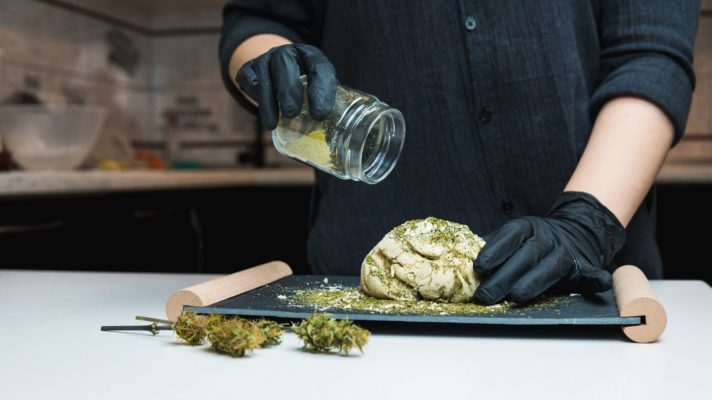The short answer is, it depends.
If you take CBD as part of your wellness routine and are employed at a company or agency that requires drug testing, you may need to take extra precautions. As several sources will tell you, passing a drug test while taking CBD, may be risky due to the traces of THC many products still contain.
According to an article by Charisse Jones in USA Today, a certain amount of THC is allowed in hemp-derived CBD products as long as it doesn’t exceed limits set by federal or state law. Federally, that amount is 0.3 percent of THC. However, that number differs by state and could still show positive results on a drug test, triggering an employer to take notice.
The problem is, some products may claim to be free of THC on their labels, but actually do contain it.
This happened to a school bus driver in Salt Lake City, Utah, when she was shocked by the results of a random drug test.
USA Today tells the story of Jeanette Hales, who had been working for the city’s school district for 11 years. When she tested positive for THC, she was fired by her employer. Hales was taking CBD capsules for stress and did her research before integrating them into her routine. While the capsule label claimed the product contained no THC, when she went to their website, she read they actually contained 0.1 percent of THC. While that was below the level permitted by the state, it was enough for her to fail the drug test. It is also possible that over time, small amounts of THC allowed in CBD products could build up in the body to detectable levels.
Hales took a required drug and alcohol awareness class with the school district and CBD was never mentioned. When she asked her trainer about any concerns, she was told taking CBD products would not cause her to fail the test. Even a clerk at the store where she bought the capsules said they tested their own employees – and none of the results came back positive.
“Somebody may test positive,” says Barry Sample, the senior director of science and technology for the drug testing laboratory Quest Diagnostics for USA Today. “It’s not the CBD itself that’s the problem. It’s contamination with THC that may be present in the specimen.”
And Hales isn’t alone in her experience. More Americans are sharing similar stories.
Consumer Reports’ Lisa L. Gill tells the story of Douglas Horn, a truck driver from New York, who lost his job after taking a CBD product claiming it contained “Zero THC.” Now there’s a lawsuit.
“The lawsuit, according to Consumer Reports, says Horn purchased a sample of the CBD product, had it tested, and found that, contrary to the claim, it did contain THC—enough, the lawsuit alleges, to cause a THC level in his urine of 29 nanograms per milliliter (ng/mL). That’s double the amount that typically triggers a positive result, says Sample at Quest Diagnostics.
Retail stores around the United States are not allowed to sell hemp-derived CBD products that contain more than 0.3 percent THC, according to Plant People. Some states, however, allow higher levels of THC in CBD products. For instance, CBD oil in Virginia and Georgia can legally contain up to 5 percent THC, which would definitely be high enough to fail a drug test.
Plant People also points out that CBD is classified as a supplement and not regulated by the FDA, which means companies can mislabel their products.
Consumer Reports takes it one step further and recommends looking for a CBD manufacturer that can provide a Certificate of Analysis or a COA, for the product you are considering. The document shows the results of a company’s testing for THC, CBD and various contaminants. While this is voluntary testing (except in Indiana and Utah), according to Consumer Reports, and the results aren’t confirmed by independent experts, it’s the best information available.
The publication also says that CBD products often have more THC than claimed. For example, they said a 2017 JAMA study found that 18 of 84 CBD products, all purchased online, had THC levels possibly high enough to cause intoxication or impairment.
Our recommendation? Make sure you are buying CBD from a state-licensed retail dispensary and be leery of products that are sold elsewhere. Operate from a “buyer beware” perspective and don’t trust all the labels you read. We agree with Plant People’s suggestion to ask for lab results to better understand the compound breakdown of the product you are purchasing.
Currently, there isn’t a “yes” or “no” answer about whether CBD can show up on a drug test. That said, Plant People says the risk of testing positive for THC and failing a drug test after you take CBD is low. But it is still a risk – one that needs to be taken seriously.





